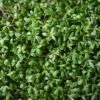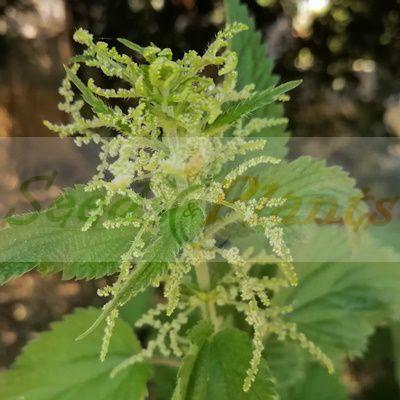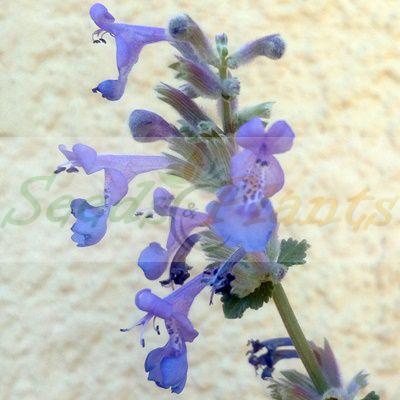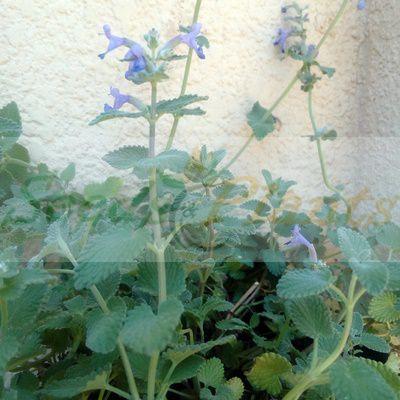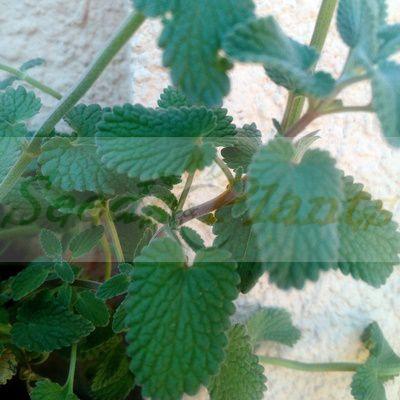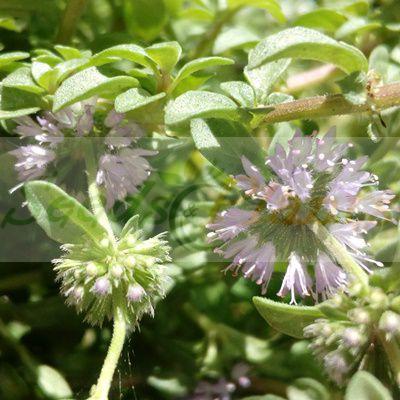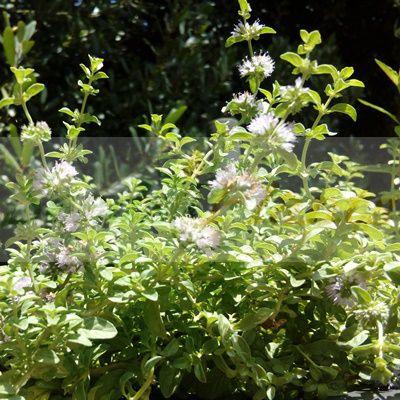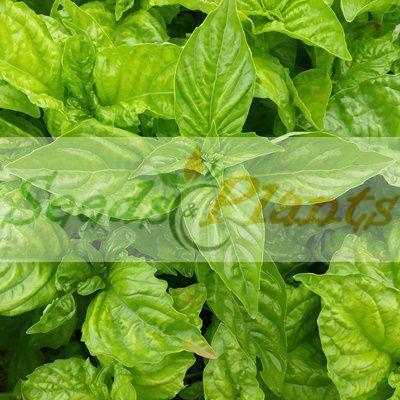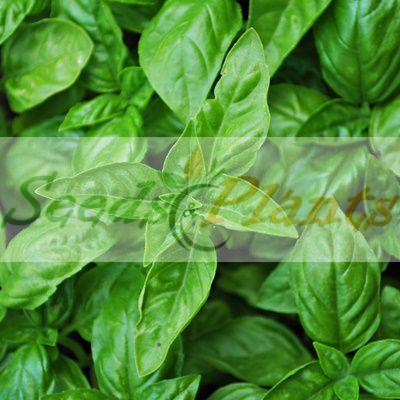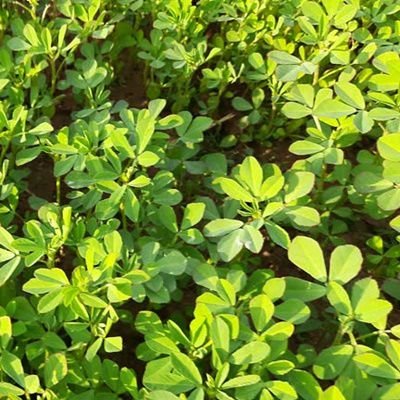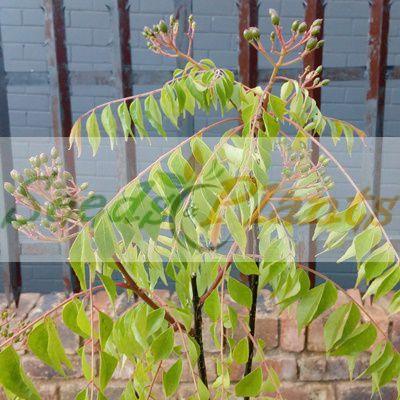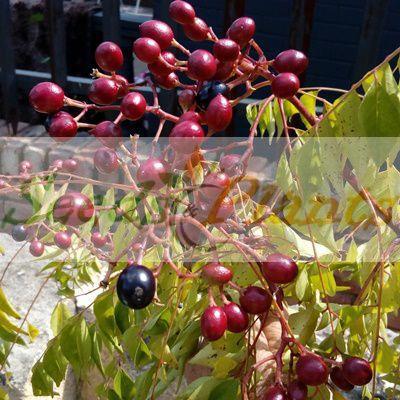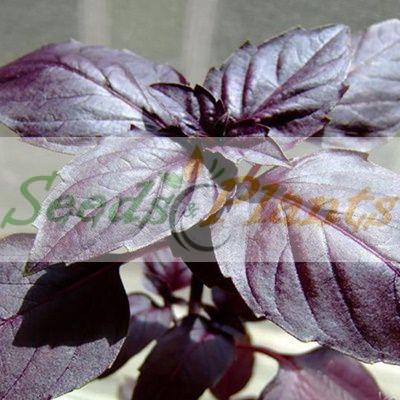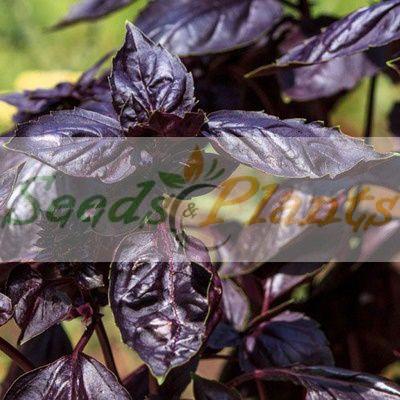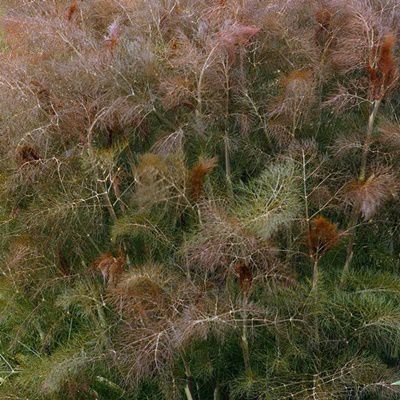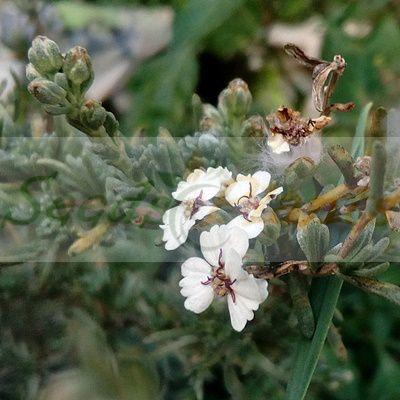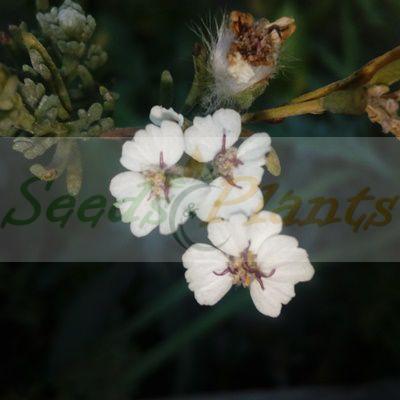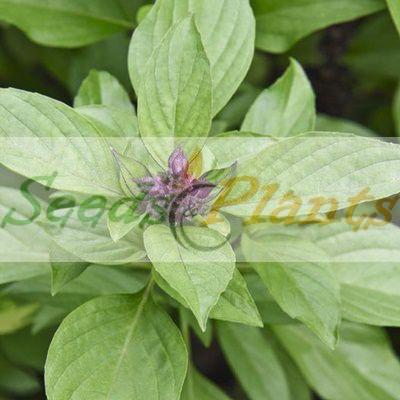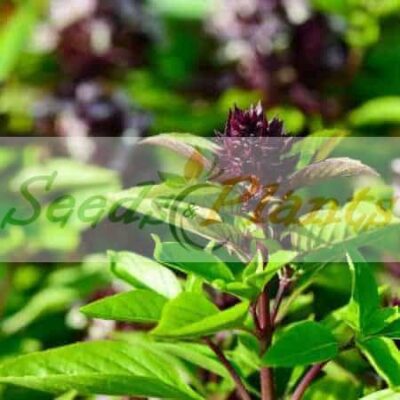🍃 Culinary Quick Facts
Culinary Info
- 🌍 Origin / Region: Caucasus
- 🍽️ Culinary Use: Beverages/Teas, Juices and Syrups, Marinades/Dressings, Salads, Sauces, Soups and Stews, Spice Blends, Vegetable dishes
- 🥗 Edible Part: Flower, Leaf
- 😋 Flavor Profile: Mildly minty
Growth Traits
- 🌱 Life Cycle: Perennial
- 🌾 Plant Type: Herbaceous Perennial
- 🦋 Pollinator Method: Attracts Bees, Attracts Butterflies, Attracts Hoverflies, Attracts Hummingbirds, Self-pollinating
- 🔁 Pollination Needs: Needs Only 1 Plant
- 🪴 Growth Habit: Bushy, Compact, Low-Growing, Mounding, Spreading
- 🌸 Flower Color: Lavender-blue
Growing Requirements
- 🌞 Sun Exposure: Full Sun, Partial Shade
- 💧 Water Needs: Avoid Overwatering, Low Water
- ☀️ Growing Conditions: Cold Tolerant, Drought Tolerant, Frost Tolerant, Heat Tolerant
- 🟤 Soil Preference: Chalky, Dry, Loam, Sandy, Well-Drained
Persian Catmint – 10 Seeds
(Nepeta mussinii)
R30.00
The fragrant flowers of Persian Catmint are a good source of nectar for butterflies, hummingbirds and bees. The plant is also attractive to cats, but less than catnip.
Indoor Sowing: Late Winter and Early Spring.
Direct Sowing: Spring and Autumn.
Only 1 left in stock
🍃 Culinary Quick Facts
Culinary Info
- 🌍 Origin / Region: Caucasus
- 🍽️ Culinary Use: Beverages/Teas, Juices and Syrups, Marinades/Dressings, Salads, Sauces, Soups and Stews, Spice Blends, Vegetable dishes
- 🥗 Edible Part: Flower, Leaf
- 😋 Flavor Profile: Mildly minty
Growth Traits
- 🌱 Life Cycle: Perennial
- 🌾 Plant Type: Herbaceous Perennial
- 🦋 Pollinator Method: Attracts Bees, Attracts Butterflies, Attracts Hoverflies, Attracts Hummingbirds, Self-pollinating
- 🔁 Pollination Needs: Needs Only 1 Plant
- 🪴 Growth Habit: Bushy, Compact, Low-Growing, Mounding, Spreading
- 🌸 Flower Color: Lavender-blue
Growing Requirements
- 🌞 Sun Exposure: Full Sun, Partial Shade
- 💧 Water Needs: Avoid Overwatering, Low Water
- ☀️ Growing Conditions: Cold Tolerant, Drought Tolerant, Frost Tolerant, Heat Tolerant
- 🟤 Soil Preference: Chalky, Dry, Loam, Sandy, Well-Drained
Small spreading mounds with a cloud of lavender blue spikes covering the plant when in full bloom. The small oval leaves are a soft greenish gray that look a bit wrinkled. Persian Catmint (Nepeta mussinii) has a long blooming period, and its fragrant flowers are good source of nectar for butterflies, hummingbirds and bees. Catmint is also attractive to cats, but less than catnip. It is a popular perennial to grow in rock and herb gardens, borders, and as an edging plant. It grows to a maximum height of approximately 30cm. It is a drought tolerant plant that thrives in full sun and somewhat dry, well-drained soil, but easily tolerates partial shade.
Culinary Uses
- This attractive, aromatic herb, is mainly grown for its minty, spicy flavoring.
- They are used as a garnish in many deserts and savory dishes as well.
Growing Persian Catmint
Indoor Sowing: Late Winter and Early Spring.
Direct Sowing: Spring and Autumn.
- Seeds can be sown indoors, or directly outdoors as well.
- If started indoors, sow in peat pots, 6 to 8 weeks prior to the last frost.
- Surface sow the seeds directly on the surface of the soil.
- Do not cover the seeds with soil or barely cover with a very thin layer of soil, as the seeds require light to germinate properly.
- Keep soil moist by using a spray bottle or watering from the bottom of the container.
- Germination takes place within roughly 7 to 14 days after sowing.
- Transplant or direct sow into the garden when the weather is warm and all danger of frost has passed.
- The plant can be grown in full sunlight to partial shade and prefer a soil that is loose, but well drained.
- Grows well in containers.
Can this plant be used for culinary purposes?
Persian Catmint is traditionally used for culinary purposes such as beverages/teas and juices and syrups.
Disclaimer
Medicinal Information:
All medicinal information on this website is for educational and informational purposes only and may not be construed as medical advice. The information is not intended to replace medical advice or treatment offered by healthcare professionals.
Seeds, Plants, Plant Cuttings, Geophytes and Dried Herbs:
In some countries and provinces, certain plants are deemed as invasive and are not allowed to be planted at all, whilst some plants are allowed to be grown only in certain areas or provinces. The onus is on you as the buyer to familiarize yourself with the regulations pertaining to your location, before purchasing any of our seeds, plants, plant cuttings, geophytes or dried herbs. We will not be held liable, should you purchase any seeds, plants, plant cuttings, geophytes or dried herbs. from us which are prohibited in your country or province.

